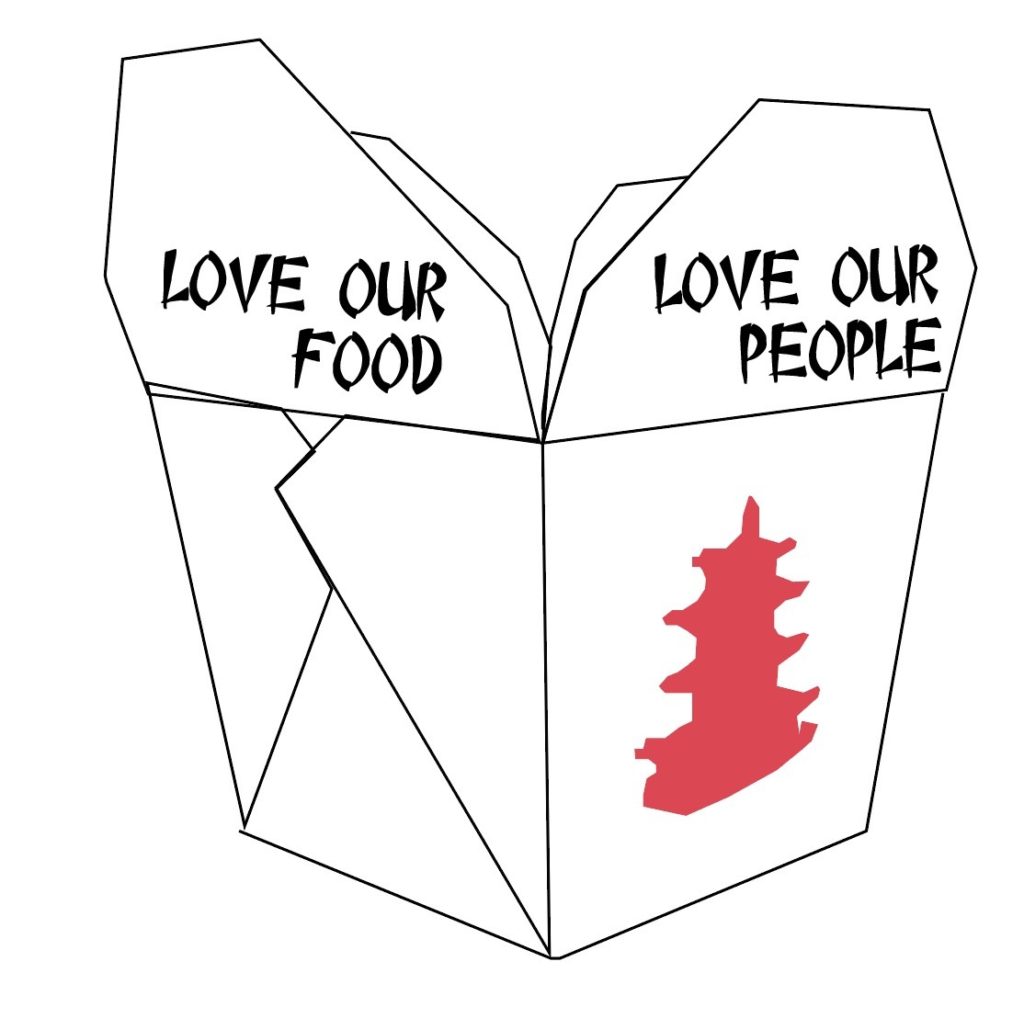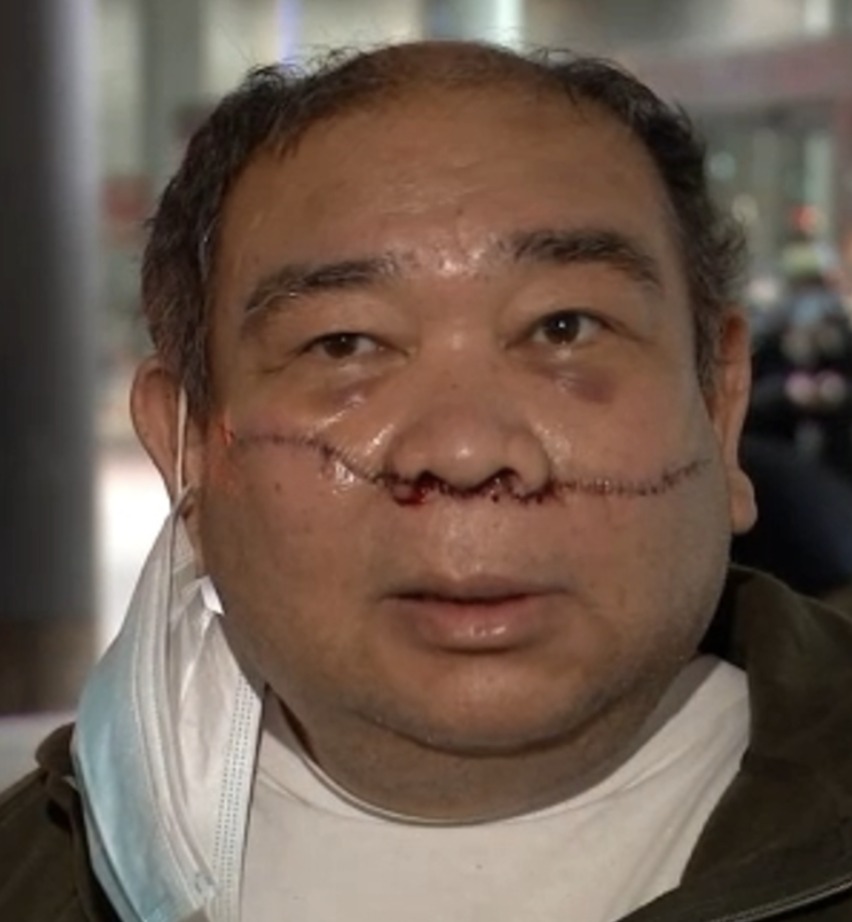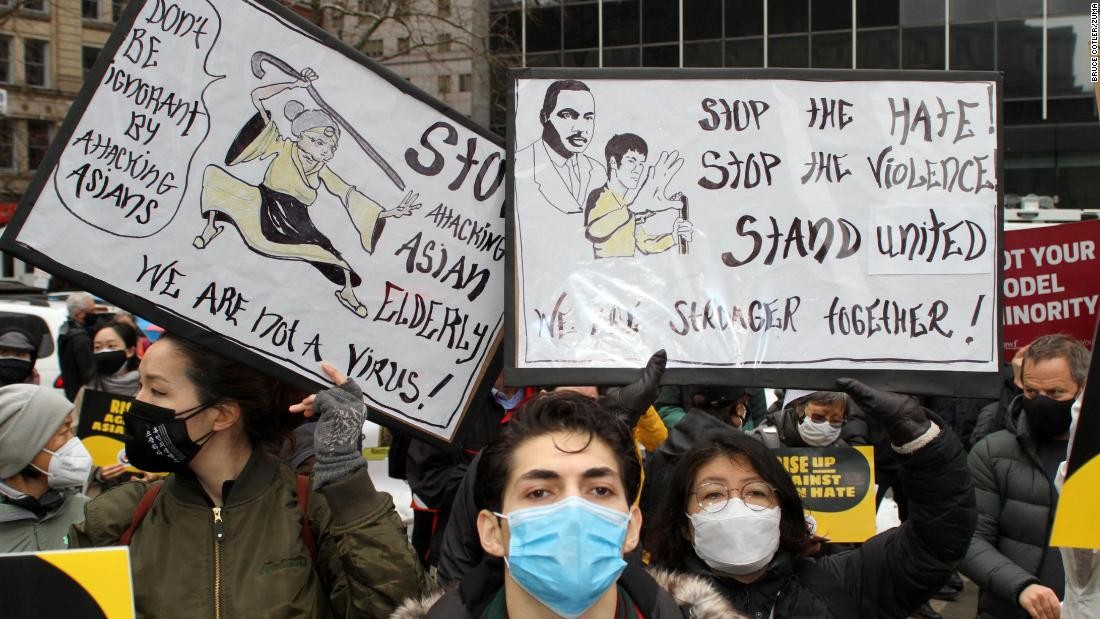Julie Song, Blogs Editor
@juliescourant
My dad always warned me that I smelled. That being a first-generation Korean-American, I would have a putrid odor of garlic and fermented cabbage that reeks off my sweat that might scare away the white kids at my school.
So I brought ham and swiss sandwiches in ziploc bags to cover up the foreign aromas that were supposedly burned into my clothes. I became disgusted by accents and impatient to grammatical errors or slurs in speech. I bent my eyelids in such a way that the slant was gone and marveled at the alien staring back in the mirror. In order to camouflage myself into New Canaan, I became a racist to my own kind.
Just like me, thousands of Asian Americans became invisible, tied a bow onto the model minority myth package, and presented our white-washed selves to the masses, pleading for acceptance.

When the Coronavirus hit, there was no hiding. Asian Americans were the declared scapegoat for the new unknown. My parents began to warn me to be careful, keep my mask on tight and stay home, so that people who assumed I might have coronavirus wouldn’t become uncomfortable, possibly violent or threatening.
Community groups like the San-Francisco group Stop AAPI Hate and Asian Americans Advancing Justice in Washington D.C. have been recording attacks against Asian-American and Pacific Islanders, recording more than 3,000 attacks nationwide since March. In New York City specifically, hate crimes against Asian Americans have jumped 1,900% according to a report by the NYPD. Still the issue went largely unnoticed by major news outlets or the mass public.
The tipping point? Vicha Ratanapakdee. On January 28, an 84-year-old man from Thailand, was assaulted and killed, the entire altercation caught on video. “For a large number of Asian Americans, especially the young generation, they’re now seeing for the first time actual violence directed at them or their grandparents,” said Representative of California, Ted Lieu.

Attacks against elderly Asian-Americans repeated, another notable one on Feb 3, when Noel Quintana, a 61-year-old Filipino American, was slashed across the face on the subway. At this point, Asian-Americans began to mobilize, unite, and rally against the hate.
Many Asian Americans were inspired by the Black Lives Matter movement, and were deeply empathetic to their racial pain and suffering in a unique way, myself included. The Black Lives Matter Movement urged Asian Americans to look into their own “civic identity, and spread a parallel awareness of personal and structural biases undermining status, opportunity, and safety” according to Doris F. Chang and Sumie Okazaki, professors researching the surge in Asian-American activism at New York University.
Indeed, social media movements like #AsiansAreHumans began trending. Major news outlets reported on the uptick in anti-Asian hate crimes in response to the rallying cries. Protest signs wrote “Hate is a Virus,” “We are not your model minority,” and “Enjoy our food, Enjoy our people.”
Asian-Americans nationwide are asking for increased protection, which doesn’t necessarily mean increased policing. “If the bigger problem is anti-Asian sentiment, putting someone in jail doesn’t solve that problem” said Bianca Mabute-Louie, a racial justice educator. Indeed, an easy fix is not the solution, and the use of a law enforcement institution that historically targets black and brown minorities isn’t right either.
“We’ve been taught our entire life to just fit in. Just be quiet, don’t speak up, be invisible,” said New York Representative Grace Meng at a protest in Foley Square last Saturday in Lower Manhattan. “If you are invisible enough you will be seen as American. But we are here to say we will be invisible no more! We will speak up! We are American, too.”
The bamboo ceiling is far from broken, but it begins here. The model minority myth is melting, expectations are changing, and Asian-Americans are no longer silent. So if I smell like garlic, deal with it.




